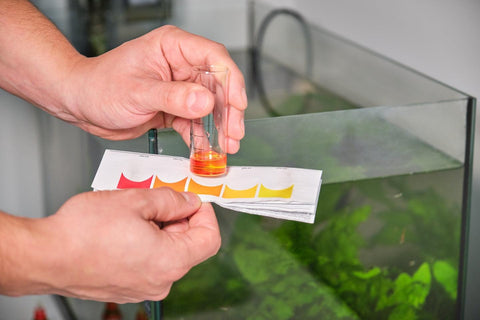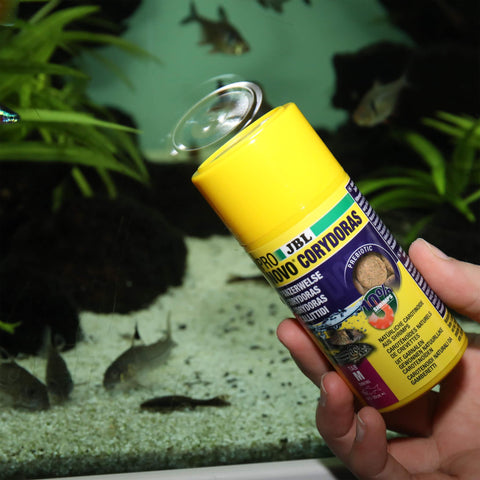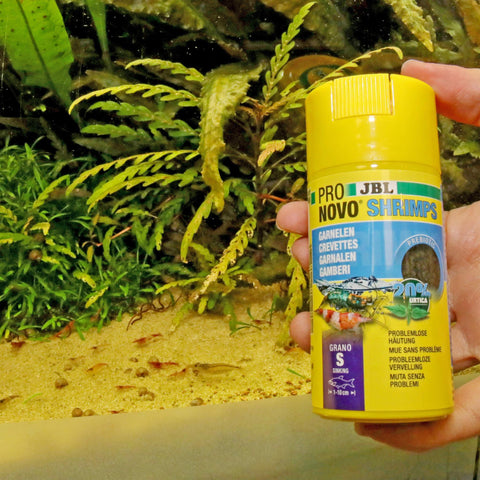What is nitrite in the aquarium?
Nitrite is one of the most common problems faced by aquarium owners. It is a toxic substance produced by the breakdown of fish waste and other organic materials. An increase in nitrite levels can lead to serious health problems for your fish.
Causes of increased nitrite levels
There are various causes of elevated nitrite levels in your aquarium. Here are some of the most common:
- New aquarium: In a newly set up aquarium, the biological filter has not yet had enough time to develop and break down nitrite. This often leads to a temporary increase in the nitrite level.
- Overfeeding: Too much food leads to an increased volume of fish excrement, which in turn can lead to an increase in nitrite levels. Make sure you only feed your fish in appropriate quantities.
- Overstocking: If you have too many fish in your aquarium, they will produce more waste, which can lead to increased nitrite levels. Make sure that your aquarium is not overpopulated.
- Problems with the biological filter: An inefficient or damaged biological filter can result in nitrite not being broken down properly. Check the condition of your filter regularly.
- High pH value: A high pH value in the aquarium can slow down the breakdown of nitrite. Make sure to keep the pH value in an optimal range.
Measures against nitrite
There are various measures you can take to reduce the nitrite level in your aquarium:
- Daily partial water changes: Carry out regular partial water changes to dilute and break down the nitrite. Replace around 25 % of the water volume. It is best to use dechlorinated water at the same temperature as the aquarium water.
- Biological filter: Make sure that your aquarium has an effective biological filter. This filter is home to beneficial bacteria that convert nitrite into less toxic substances. Clean the filter regularly to ensure that it is working properly.
- Reduce feeding: Be careful not to overfeed your fish. Adequate feeding reduces the amount of fish excrement and thus the nitrite content in the water. Only feed your fish in small portions and remove any excess food that has not been consumed within a few minutes.
- Avoid overstocking: Make sure that you do not keep too many fish in your aquarium. An appropriate number of fish reduces the amount of waste and therefore the nitrite level. Find out about the final size of the fish before you buy them and make sure that your aquarium has enough space.
- Use of water additives: There are special water additives that can help to reduce nitrite levels. These additives often contain beneficial bacterial cultures that support the biological filter. Follow the manufacturer's instructions when using such additives.
- Patience: Sometimes it simply takes time for the biological balance in your aquarium to adjust. Give your fish and the biological filter enough time to adapt and break down nitrite.
- Plants in the aquarium: Adding plants to your aquarium can help to reduce nitrite levels. Plants absorb nitrite as a nutrient and thus contribute to better water quality. Choose plant species that thrive well in your aquarium and support nitrite reduction.
By taking these measures, you can reduce the nitrite level in your aquarium and ensure the health of your fish. Monitor the water parameters regularly to ensure that the nitrite level remains at a safe level. If you continue to have problems with nitrite despite all measures, contact an experienced local aquarium expert who can help you further.




Comments (0)
There are no comments for this article. Be the first one to leave a message!